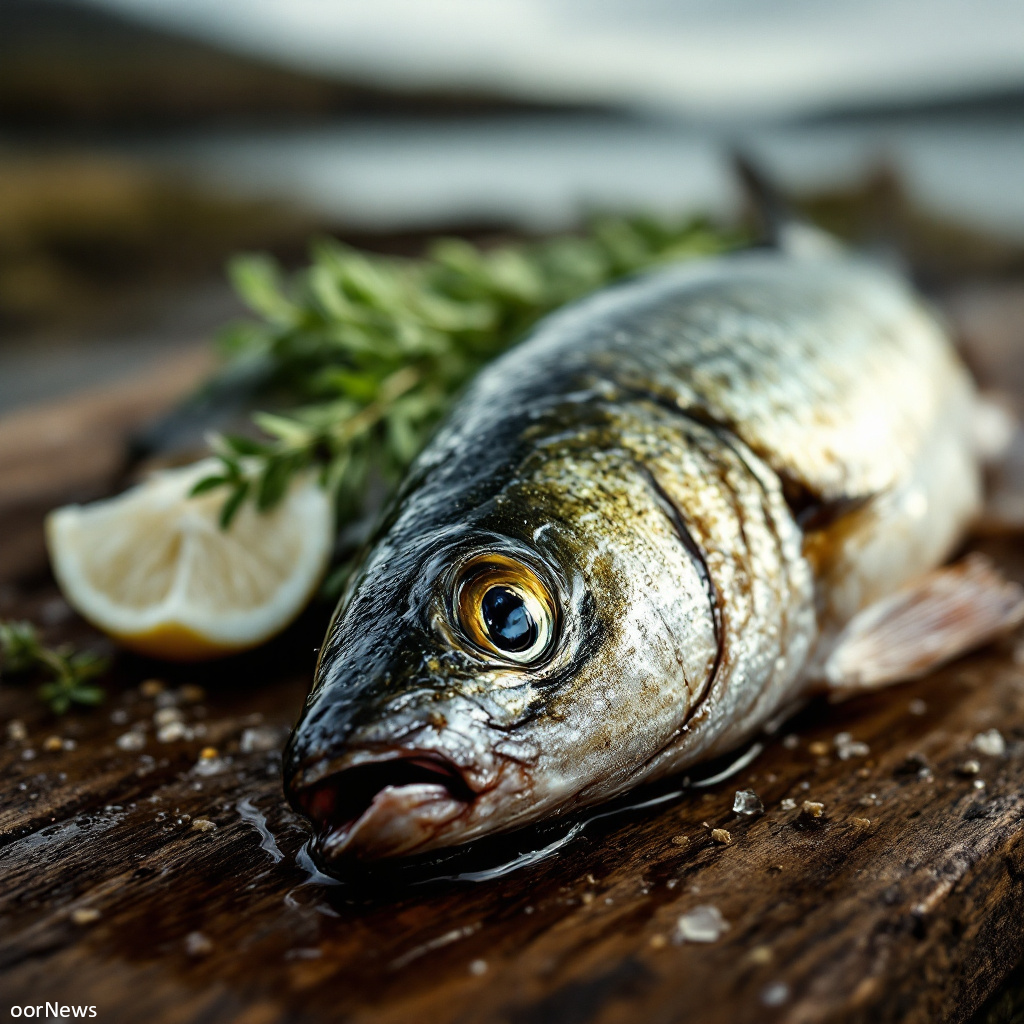Your cart is currently empty!

Eat Local Fish: A Call to Reclaim Nutrients for Health and Climate

Eat Local Fish: A Call to Reclaim Nutrients for Health and Climate
In a groundbreaking study, scientists from the Rowett Institute at the University of Aberdeen have unveiled the hidden nutritional cost of the UK’s fish exports. Their research, published in Nature Food, reveals that a wealth of nutrients from local fish is being lost to foreign markets, while the nation turns to imported seafood.
The study highlights that oily fish such as salmon, herring, and mackerel caught in UK waters could provide a staggering 73% of the daily recommended intake of Omega-3 fatty acids and 46% of Vitamin B12. Yet, most of this nutritious catch is shipped abroad, leaving the UK reliant on imported prawns, cod, and tuna. This reliance not only undermines public health but also poses a challenge to the country’s climate goals.
Current consumption rates show that the average UK citizen eats less than half the recommended amount of fish, despite its well-documented benefits in reducing heart disease. The researchers argue that increasing local seafood consumption could play a crucial role in achieving net-zero emissions, as fish production emits far fewer greenhouse gases compared to other animal proteins.
The research, part of the Scottish Government’s strategic program, utilized a unique database that compiled over a decade of data on seafood production, trade, and consumption. Professor Baukje de Roos emphasized the need for targeted messaging to educate the public on the types of fish that should be consumed for optimal health.
The findings could influence global policies, benefiting both high-income countries that depend on imports and protecting the fish stocks of poorer exporting nations. The UK, a significant producer of herring and mackerel, has the potential to meet its nutritional needs with these affordable fish, yet consumer preferences dictate current trade patterns.
Dr. Anneli Löfstedt, a member of the research team, reminisced about the cultural significance of herring in British society. She noted that tinned fish could be a viable solution to rekindle interest in oily fish, which once played a vital role in the nation’s diet.
As the UK grapples with its seafood consumption habits, this research serves as a clarion call to embrace local fish. By doing so, the nation can improve public health and contribute to a more sustainable future.